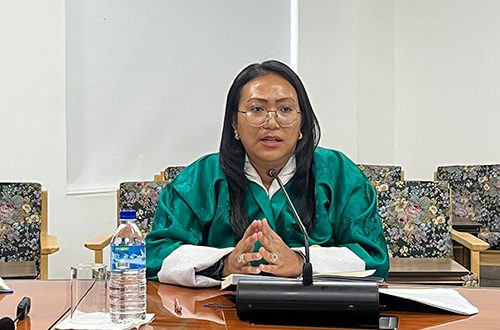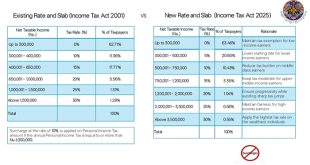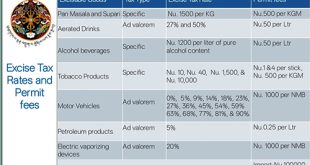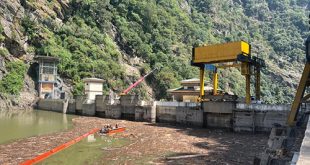The recently released National Education Assessment 2024 has presented about the situation of Bhutan’s education system.
The report revealed that between 27 to 37 percent of principals continue to struggle with inadequate or poor-quality teaching and learning materials (TLMs) for core subjects.
Even more concerning, over 80 percent reported that materials designed for students with disabilities were either unavailable or deemed not applicable.
Adding to these challenges, inclusive education remains the least prioritized area of professional development for teachers.
According to the Education Minister, Yeezang De Thapa, acknowledging these systemic shortcomings, the Ministry of Education and Skills Development (MoESD) is working on multiple fronts to ensure that all children, particularly those with disabilities, have access to high-quality learning resources and well-prepared teachers.
As part of its strategy, MoESD has been conducting a 16-day in-service training program during the winter break specifically for teachers in inclusive schools.
This intensive training focuses on differentiated instruction, adaptation and accommodation strategies, individualized education plans, creation of specialized TLMs, and the effective use of assistive devices and technology.
Teachers are also to be equipped with skills in assessment and referral processes to better address diverse learning needs.
Recognizing the need for stronger leadership in this area, Lyonpo Yeezang De Thapa said that the training package will soon be expanded.
“To further strengthen teacher preparedness, the training package will be reviewed and extended to at least three weeks, incorporating leadership modules,” Lyonpo said.
She further highlighted that MoESD is also investing in highly specialized training.
“In addition, the specialized training is provided in areas such as sensory integration, neurodiversity, speech and language support, and educational interventions, delivered in collaboration with health professionals and international partners,” said the education minister.
Beyond short-term workshops, MoESD has also created pathways for advanced academic opportunities.
Each year, 20 to 30 teachers benefit from the Master’s program in Inclusive Education at Paro College of Education.
Teachers are also encouraged to participate in immersion and exchange programs both within the country and abroad to learn and share best practices in inclusive education.
To ensure that these initiatives are sustainable and impactful, MoESD has earmarked substantial funding. Lyonpo Yeezang De Thapa said, “To sustain these efforts, Nu 100 million has been allocated for capacity building in inclusive education under the 13th Five-Year-Plan under GoI funding.”
 The Bhutanese Leading the way.
The Bhutanese Leading the way.




